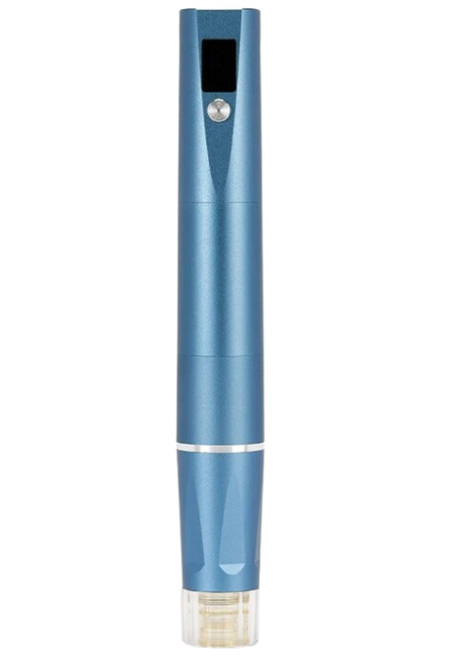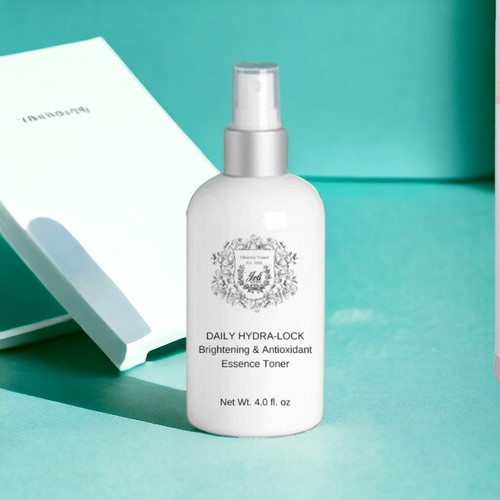Our Powerful Essence: Astaxanthin Astaxanthin provides numerous benefits for boosting skin health, smoothing fine lines, and reducing irritation and inflammation. It is a naturally occurring carotenoid pigment found in certain marine plants, known for its vibrant red color and powerful antioxidant properties. In recent years, astaxanthin has gained significant attention for its potential to enhance skin health and address various skin concerns.
The Dermatological Benefits of Astaxanthin Astaxanthin offers a wide range of dermatological benefits that can significantly improve the health and appearance of your skin. Let’s explore the specific advantages it provides: Astaxanthin’s Antioxidant Properties One of the main advantages of astaxanthin is its strong antioxidant activity. Antioxidants protect the skin from damage caused by free radicals—unstable molecules that can accelerate the aging process and contribute to skin issues such as wrinkles, fine lines, and uneven skin tone. Astaxanthin’s unique molecular structure enables it to effectively scavenge free radicals, neutralizing these harmful molecules and preventing them from causing oxidative stress and damage to skin cells. By reducing oxidative stress, astaxanthin helps maintain a youthful appearance and slows the signs of aging.
Astaxanthin for Skin Aging and Wrinkles Aging is a natural process that affects everyone, but astaxanthin has shown promising results in combating the signs of aging and diminishing the appearance of wrinkles. Several studies have demonstrated that astaxanthin can improve skin elasticity, smoothness, and firmness. A key factor in astaxanthin’s anti-aging effects is its ability to support collagen production. Collagen is a protein that provides structure and elasticity to the skin. As we age, collagen production diminishes, leading to wrinkles and sagging skin. By stimulating collagen synthesis, astaxanthin helps restore elasticity and reduce the depth of wrinkles. #### Astaxanthin for Skin Moisture and Elasticity Maintaining proper skin moisture is essential for a healthy complexion. Astaxanthin has been found to enhance the skin’s moisture retention capabilities, resulting in improved hydration levels. This is particularly beneficial for individuals with dry or dehydrated skin. Additionally, astaxanthin strengthens the skin barrier, which serves as a protective shield against external aggressors. A robust skin barrier helps lock in moisture and prevents water loss, leading to improved hydration and elasticity.
Astaxanthin for Skin Inflammation and Redness Inflammation is a common underlying factor in various skin conditions, including acne, rosacea, and eczema. Astaxanthin possesses powerful anti-inflammatory properties, making it effective in reducing skin redness, swelling, and irritation associated with these conditions. Studies have indicated that astaxanthin can inhibit the production of inflammatory molecules and enzymes, thereby reducing the skin's inflammatory response. By calming inflammation, astaxanthin helps soothe sensitive and irritated skin, promoting a healthier complexion.
Avena Sativa Oat Peptide Role of Antioxidants in Skincare
Antioxidants play a crucial role in skincare by protecting the skin from damage caused by free radicals. Free radicals can lead to premature aging and various skin conditions. The presence of antioxidants helps to neutralize these harmful molecules, promoting healthier skin.
Avena Sativa contains several key antioxidants, including:
-
Avenanthramides: These compounds are known for their anti-inflammatory and antioxidant properties.
-
Phenolic acids: These help in reducing oxidative stress on the skin.
-
Beta-glucans: These not only soothe the skin but also enhance its barrier function





The added benefits of Camellia Oil
What Is Camellia Oil?
Camellia oil is a lightweight oil cold-pressed from the seeds of the Camellia Japonica and Camellia Oleifera Plants. It is also known as Tsubaki oil, Teanut Oil, or Tea Seed Oil. It has been used for ages by Japanese women to nourish their hair and skin. Camellia Oil is composed of fatty acids like Oleic Acid, Palmitic Acid, and Linoleic Acid. It also contains many antioxidants like Catechins, tocopherol, gallic acid, and tocotrienol.
The Catechins found in Camellia Oil are rich in flavonoids called catechins (pronounced “KAH-tuh-kins”). This polyphenol (plant chemical) in tea leaves acts as an antioxidant.
Astaxanthin benefits for skin include:
-
Boosting skin health
-
Improving skin elasticity and moisture
-
Reducing wrinkle formation
-
Reducing inflammation and redness
-
Strengthening the skin barrier
-
Improving overall skin health
-
Smoothing wrinkles and age spots
-
Maintaining skin moisture
-
Enhancing skin appearance, including skin tone, fine lines, wrinkles, and smoothn
-
This oil is widely used by Japanese women to maintain their hair health. Using camellia oil for hair helps strengthen the tresses, adds shine to it, and can help manage hair damage.
How to use:
Shake the glass bottle for 3-5 seconds to ensure the essence is well mixed together.
Apply ½ of a syringe, or desired amount to face, neck and decollete. May apply to body for skin strengthening benefits.
Serums and moisturizers can be apply over the Astaxanthin Essence.





















